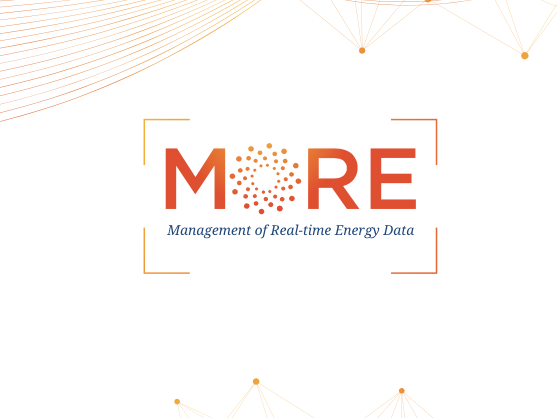
MORE | Management of Real-time Energy Data - Build Incremental ML Model/Pipeline with IBM SAIL
Come join us for the hackathon, where you will learn about the model lifecycle management of Incremental Machine Learning algorithms. You will learn to build incremental model APIs and control the training lifecycle through a set of Python notebooks and step-by-step instruction guides. You will also learn to integrate your model into an SAIL AutoML Incremental Pipeline. As a part of this hackathon, you will get the opportunity to submit your work to be merged into the SAIL - an open source library from IBM for experimenting with streaming processing engines (SPEs) and incremental machine learning.
This hackathon will be advantageous to participants in many ways:
- Attending this hackathon will help research students understand step-by-step instructions on incremental model development and learn to use open-source knowledge to build a strong foundation in their early research career.
- Participants will learn about AutoML of incremental machine learning algorithms using the SAIL library. They will learn the concepts of iterative development by fine- tuning models based on learning from continuous data streams. SAIL abstracts away much of the complexity of machine learning, allowing researchers to focus on their research questions rather than spending excessive time learning intricate details of model building and monitoring.
- SAIL helps researchers efficiently and quickly wraps model from machine learning libraries like Keras, PyTorch, Scikit-Learn and River. It provides a user-friendly scikit-learn like interface for trying out various pre-processing techniques, feature engineering strategies, distributed model selection and evaluation. This saves efforts when experimenting with different model APIs and architectures.
Prerequisites:
- Basic programming knowledge in Python and Jupyter notebooks.
- Familiarity with machine learning problem like classification or regression.
- Please bring your laptop or personal device. Device with a Linux distribution is preferred.
Objective and requirements:
- Participant are required to solve any one of the Task (A or B) explained below.
- Your solution doesn’t have to be a production ready. Participant should be able to demonstrate the solution via a Jupyter notebook / python script or via a brief presentation.
- All solutions need to be hosted in a public repository – GitHub.
The hackathon will be hosted at Athena RC by Dhaval Salwala.
Short Bio
Dhaval Salwala is a Research Engineer at IBM Research Dublin. Currently, he is working on an H2020 project - MORE on the Renewable Energy Sources (RES) sector. He interests include distributed training, time series forecasting and incremental machine learning. Previously, Dhaval worked in Multimedia Complex Event Processing in the Smart Cities and Sustainable IT group at the Insight Centre for Data Analytics at NUI Galway. He owns a Master’s degree in Data Science from NUI Galway. Earlier, he was at Tata Consultancy Services, where he worked as a Senior Software Developer. Dhaval has 7+ years of diversified industry experience. He has led projects on developing ML solutions for multi-modal analytics using Computer Vision, Knowledge Graphs and Neuro Symbolic AI.
Register here: https://docs.google.com/forms/d/e/1FAIpQLSc-R9z5oxJZIFHRo94zgcBWsJZiXwVkz-0IKSmYqF1QaMQR6w/viewform
When: Monday, 9th October 2023, 10.00 AM
Where: Athena Research Center, Artemidos 6 & Epidavrou, Marousi, Greece
25 Sep 2023
